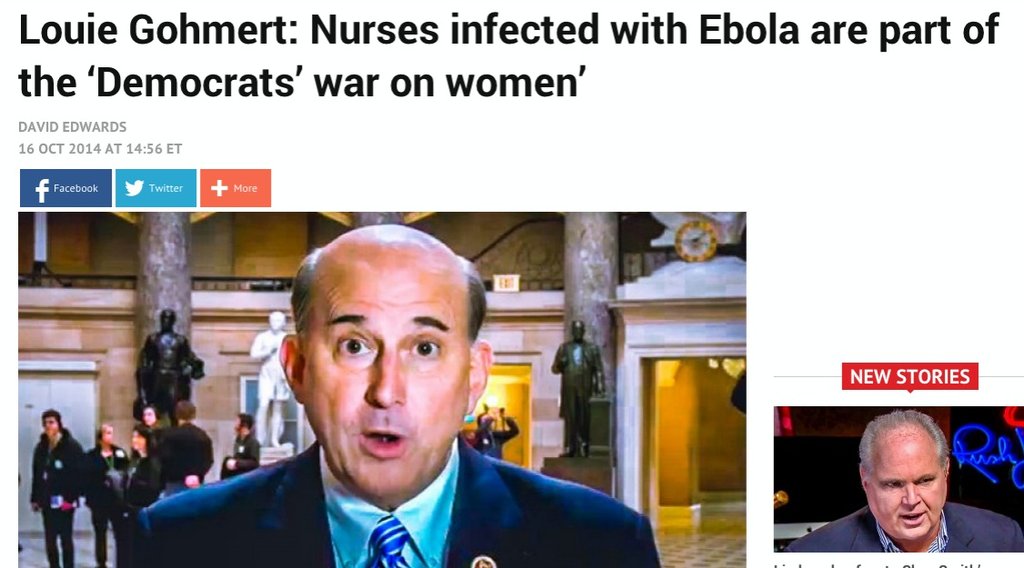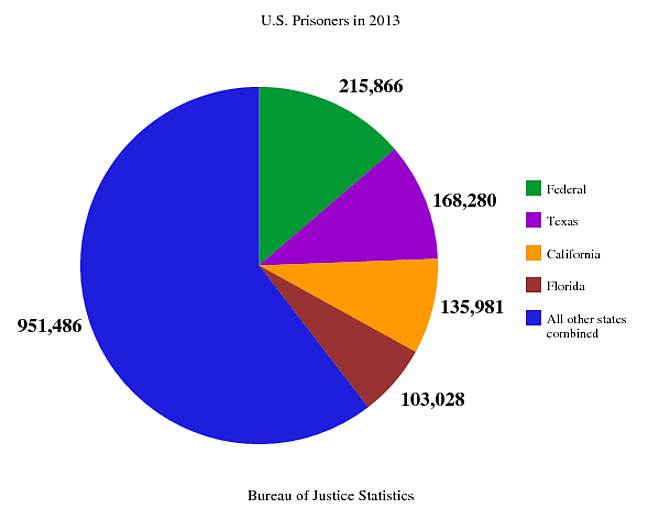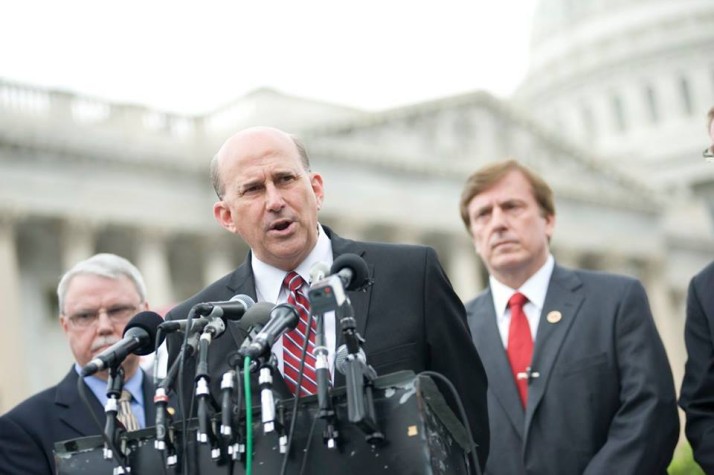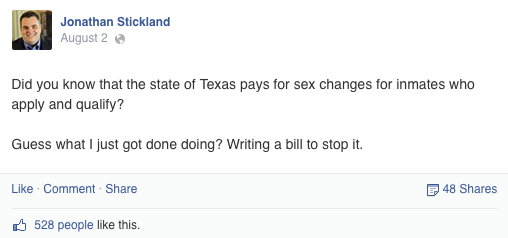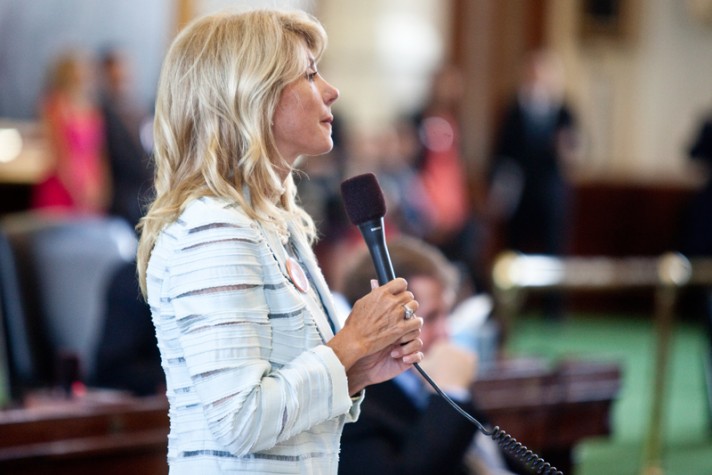If you’re going to host a conference at which entrepreneurs pitch marijuana-based products and services, you should definitely make sure your projection equipment is working. Otherwise, the young man describing his fast-acting, long-lasting, zero-calorie cannabis drink will lose legitimacy with every frustrated shake of the slide clicker. That would be true of any conference, but it’s especially pertinent at an event where everyone is acutely aware of the need not to seem stoned.
Fortunately, the Marijuana Investment Conference, held at the swank West Houston Westin Hotel in early October, had legitimacy to spare. About 20 presenters took 10 minutes each to describe their businesses to investors who’d paid $1,000 to attend. Ideas were divided into “touching the plant” and “not touching the plant,” with most business plans involving significant distance from the ganja itself. One young man (young men were abundant) introduced MassRoots, his “social network for the cannabis community” that already has 170,000 users, emphasizing its potential for harvesting profitable data. (It’s not paranoia if they’re really spying on you.) Another pitched an app that would let smokers order weed with the press of a button. Still others offered products meant for growers—greenhouse kits, lighting, fertilizer—or consulting services, promising to use insider knowledge of the industry to vet other investment opportunities as they arise. Obviously, these products are meant to be sold where marijuana is legal, but investors were urged to anticipate the eventual opening of market after market, state by state, at which point getting a financial foothold will be much harder.
The conference was originally scheduled for September but was postponed when its founder, Stuart Maudlin, a Houston entrepreneur who became interested in medical marijuana after being diagnosed with throat cancer, took a turn for the worse. Maudlin died before he could see his dream take place, and his protégé, Gold Darr Hood, a senior analyst at Codexx Capital, took over. Hood says Houston might seem like a strange fit for the conference, at least compared with liberal Austin, but it’s not. Investors here are used to the oil and biomedical industries, which are high-risk and take years to realize a return. But the legal marijuana industry is growing so fast, she says, “You can get a full return on capital in a year. … People are willing to accept a higher degree of risk on the regulatory front if they’re going to be able to have such expectations on capital and such very high returns.”
Houston is also home to the Baker Institute at Rice University, which has extensively researched marijuana policy, and to several pro-pot organizations including Republicans Against Marijuana Prohibition. And in October, the Harris County District Attorney’s office started a new program of offering first-time nonviolent offenders caught with small amounts of weed a choice between community service and an eight-hour class, rather than jail. If the program is completed, the charge will be scrubbed.
Those steps toward legalization, tiny though they may seem, had Houston’s investors, well, buzzing.





